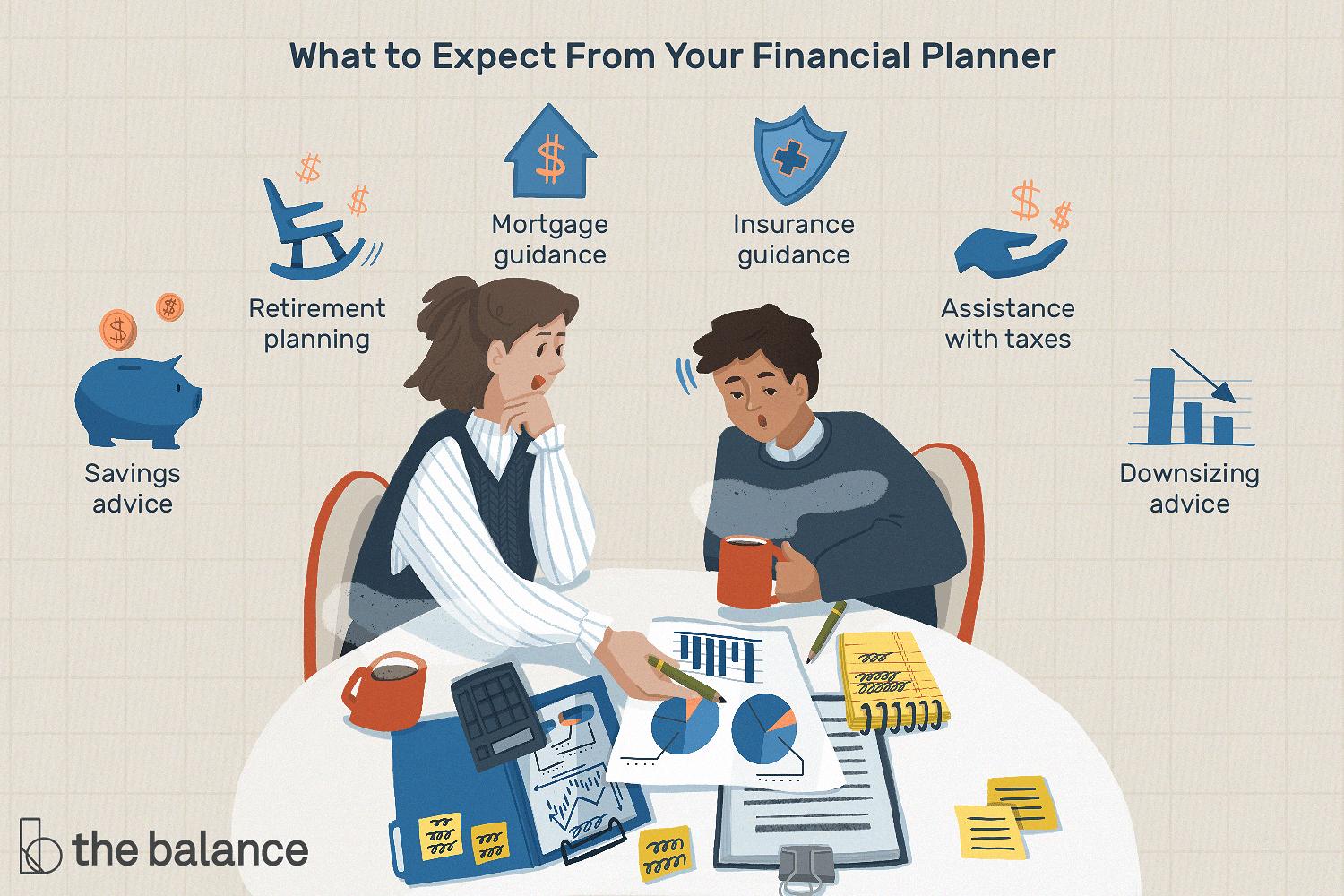
It can be hard to create a creative brief. You have to translate the vision of your client and avoid jargon and fluff. It is important that your creative brief be clear, simple, understandable and concise so that clients can benefit from it. It shouldn't provide the complete solution. However, it should be a starting point to encourage creativity in the design group. It should include a brief that addresses the client's problems and is written with care.
Create a key benefit for consumers (KCB).
A creative brief is a great way to target your marketing efforts. It should focus on one benefit or pain point that the audience has. The key consumer benefit could be a feature, benefit or outcome that the audience wants to attain. The ultimate goal of any project or the feeling you want your audience have after using a product/service is a key benefit or pain point.
When developing a creative brief, be sure to analyze the competition, their products or services, and their target audiences. This will allow you to narrow the scope of your search and help you determine your company’s niche in this market. A KCB, or key message, should be developed that clearly explains what the product or services will do for customers. Include testimonials and narratives in your creative brief.

Include deliverable dates
Always include deadlines and delivery dates when creating a creative brief. This will help avoid confusion later. Include any brand guidelines or internal messaging. The more information you provide, the easier it will be for your creative team to achieve your goal. The date you would like to see the project complete, as well as any revisions and approvals. Remember to add the delivery dates for each stage.
A description of the target audience, your competition and the market you are operating in should be included. You should include a concise brief and your company's messaging to your target audience. A clear and concise brief for your creative project will save you from endless revisions. It will also allow your agency be as transparent as possible with all information.
Include brand guidelines
The best way to ensure that the work produced is in line with the brand's values and tone is to include brand guidelines in your creative brief. These guidelines will allow the designer to understand the brand's vision and voice, and ensure that the work produced reflects it. Here are some tips for including brand guidelines in your creative brief. These guidelines can be used to create your campaign brief. It should contain these five elements. These guidelines will help ensure that your creative brief contains every detail.
The creative brief should provide a comprehensive understanding of your brand, but should not go into too much detail. The brief should give a quick overview of your brand and target audience with a few paragraphs detailing the goals. The brief should also contain pertinent background information about the brand such as the target market. If the creative team doesn’t know the brand yet, they should be capable of catching up to it and completing the project. The brief should also contain the brand guidelines, and the deliverables.

Include client's voice
Make sure to include your client's voice in creative briefs. This is often the hardest part. There is usually so much to include that the creative brief can be overwhelming. Below are five reasons that projects can fail. While not all of these are due to the brief itself, they all relate to a conflict over project's creative aspects. These are some suggestions to help you create a brief that appeals to your clients.
Create a creative brief that contains the main elements of the project. You will benefit from the insight and voice of your client. Be sure to include demographic information and behavioral insights about your target audience. This will help your team to come up with an effective content strategy. Keep in mind that you must communicate persuasively and push your target audience to act. In your creative brief, be sure to include the voice, tone and style of the client.
FAQ
Which industries use consultants?
There are many different types. Many consultants specialize in a particular type of business. Others may be more focused on multiple types.
Some consultants work exclusively for private businesses, while others represent large corporations.
And some consultants work internationally, helping companies all over the world.
Who hires consultants?
Many organizations employ consultants to assist in projects. These include small businesses, large companies, government agencies and non-profits.
While some consultants work for these companies, others are freelancers. The hiring process will vary depending on the complexity and size of the project.
Before you can hire a consultant, there will be several rounds of interviews.
What are the benefits to being a consultant?
Consultants are able to pick when and where they want to work.
This means that you are able to work from wherever you're at any time.
You also have the freedom to change your mind at any time without fearing losing your money.
Finally, you have the ability to control your income levels and establish your own schedule.
What is a consultant anyway?
Consultants are those who offer services to other people. It's more than just a job title. This role allows you to help others achieve their dreams. Helping others to understand their options, and then helping them make the best decisions.
Consultants have the ability to solve any problems or challenges that may arise from projects. They can provide guidance and advice on how to implement the solutions.
Consulting should be able answer any questions related to technology, finance, law and management.
Can I get a degree as a consultant?
The best way to become an expert on any subject is by studying the subject thoroughly and then practicing what you have learned.
Learn how to be a great consultant by studying now!
It may be difficult to get hired if your degree is not accompanied by relevant work experience. If you can show that your education is comparable to the job applicants, you may still be eligible for employment.
Employers will always search for candidates with real-world experience.
How does consulting differ to freelancing
Freelancers are self-employed individuals who offer their services to clients without employees of a company or agency. Hourly rates are usually charged based on the time they spend working on a client’s project. Consultants work for companies and agencies that employ them. Consultants are typically paid either monthly or annually.
Freelancers tend to have more flexibility than consultants because they control their work hours and set their own prices. Consultants, however, often have better benefits such as retirement plans, vacation days, and health insurance.
Statistics
- Over 50% of consultants get their first consulting client through a referral from their network. (consultingsuccess.com)
- So, if you help your clients increase their sales by 33%, then use a word like “revolution” instead of “increase.” (consultingsuccess.com)
- "From there, I told them my rates were going up 25%, this is the new hourly rate, and every single one of them said 'done, fine.' (nerdwallet.com)
- According to IBISWorld, revenues in the consulting industry will exceed $261 billion in 2020. (nerdwallet.com)
- 67% of consultants start their consulting businesses after quitting their jobs, while 33% start while they're still at their jobs. (consultingsuccess.com)
External Links
How To
How do I find a good consultant?
Knowing what you need from your consultant is the first step to finding a qualified consultant. What do you need them to do for your website? Are you looking for them to help optimize your website to rank higher on search engines? Or perhaps you just want someone who can tell if there are any issues with your current hosting provider. After you have decided what services you need, it is time to start looking at potential companies. There are many consultants out there who claim they can provide these services, but only a few actually live up to their claims. How do I choose one? These are some things you should consider when choosing a consultant.
-
Refer to others. This is probably the best way to choose a consultant. It's not a good idea to hire someone you haven't heard of, as you will likely end up paying too much. However, you don't want work with someone who has a bad reputation. If you're lucky enough to get referrals from people you trust, then great! However, even if this is not possible, you might still be able check reviews online. Check for testimonials or case studies that show how clients have used your services.
-
Ask around. Many people are not aware of the benefits of hiring a consultant. People believe they don't have to make any changes because they are currently doing well. This is often false. Even if your results are great, there's a good chance that you haven’t kept up with the latest trends and technologies. And if you're relying on outdated methods, you'll miss out on opportunities to grow your business. It's always worth asking for referrals to find good consultants.
-
Verify their qualifications. You don't need to worry about whether they are building a website or an eCommerce store worth millions. It doesn't matter if they are qualified for the task or not; make sure they are knowledgeable in the field.
-
Find out what type of projects they are skilled in. Although it might seem like everyone can do everything, this is not true. You may need to have specific training or education in certain areas. You won't hire a Drupal developer if you need to build a WordPress template. Graphic design and programming languages are all subject to the same rules. Ask them what types of projects they are most familiar with.
-
Know what they charge. As we said, you don't want to pay too much for a consultant. But you also don't want to pay too little either. Consultants come from all walks of life. Some charge hourly rates while others bill per project. This will help you save money in the long-term.
-
Know what they offer. Are they willing to provide free consultations? Do they offer advice on setting up your system? Is it possible to be sure that your site ranks higher when you work with them If you don't like what you hear during your consultation, you should feel confident knowing you can cancel without penalty.
-
Ask if they offer discounts over multiple months or for years. Many consultants offer discounted pricing over extended periods. It is not necessary to commit to an entire year. However, you could still benefit from any deals offered by the consultants.